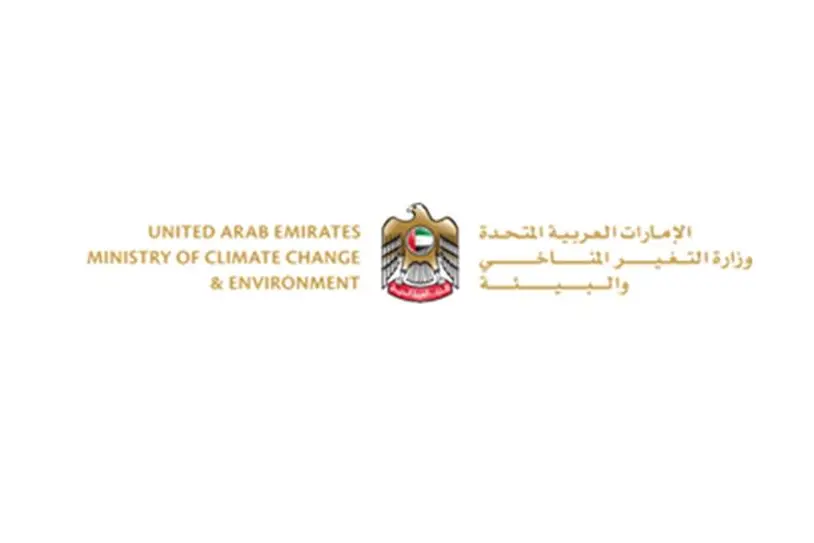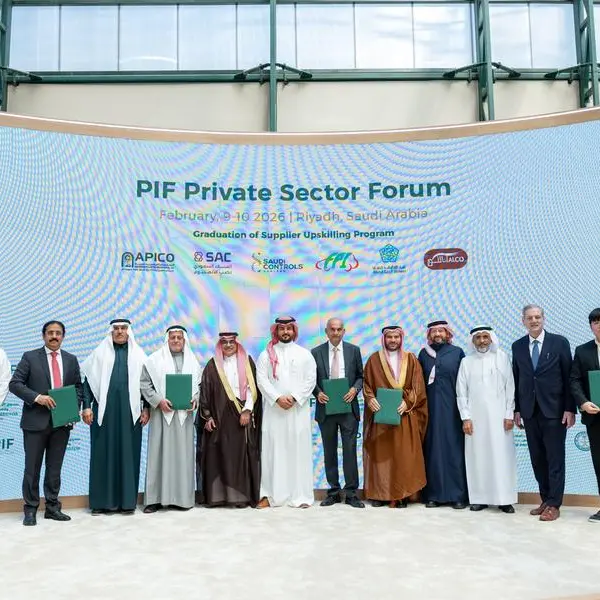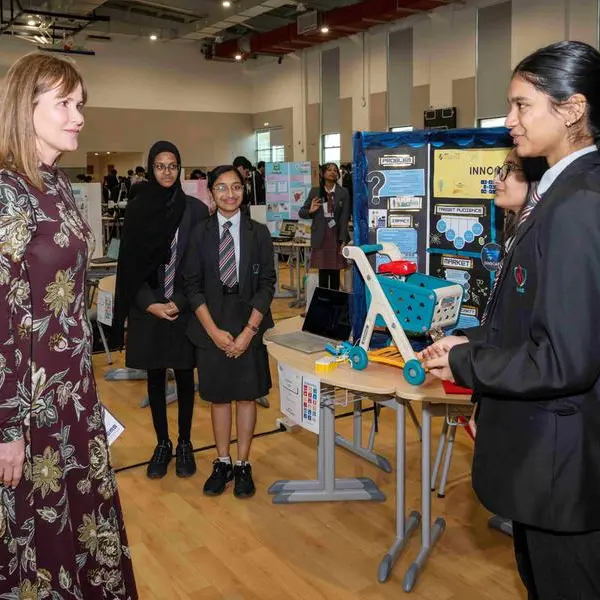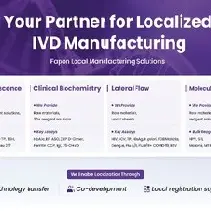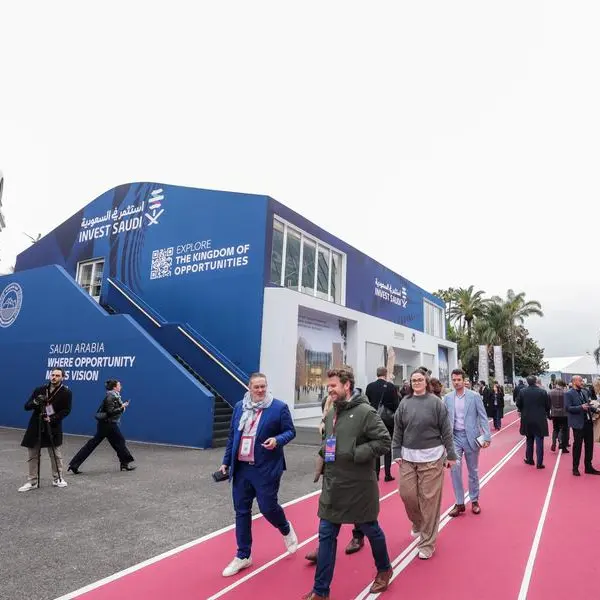PHOTO
Dubai: The Ministry of Climate Change and Environment (MOCCAE) organised the first edition of the Agricultural and Veterinary Quarantine Forum to review scientific insights on transboundary animal diseases and agricultural pests, and to explore strategies for preventing their entry into the country.
The forum also aimed to foster cooperation among federal and local authorities and the private sector in addressing the challenges.
The forum reflects the Ministry's commitment to leveraging global best practices in the implementation of agricultural and veterinary quarantine procedures and ensuring a seamless flow of goods without compromising biosecurity standards.
The forum was attended by representatives of the relevant authorities in the UAE as well as international organisations dedicated to advancing agricultural and veterinary quarantine measures and developing innovative solutions to mitigate animal diseases and agricultural pests.
His Excellency Marwan Abdullah Al Zaabi, Assistant Undersecretary for the Regions Sector at MOCCAE, emphasised the UAE's efforts to enhance the production of strategic crops, expand livestock resources, and regulate import operations. These align with the objectives of the National Food Security Strategy 2051, which aspires to position the UAE as the leading nation in the Global Food Security Index by 2051.
HE Al Zaabi said: "Through this forum, we aim to foster greater cooperation with all relevant stakeholders, and leverage the resources and capabilities of various entities, including testing labs and animal quarantine facilities. In addition to this, we aim to ensure the smooth flow of goods and strengthen international trade."
HE added: "Our goal is to advance the agricultural and veterinary quarantine system by updating the relevant legislation to align with international best practices and standards. We also strive to incorporate state-of-the-art equipment and testing methods to ensure the efficiency, speed, and accuracy of the test results."
His Excellency Al Zaabi emphasised the importance of providing comprehensive support to enhance the capacities of UAE nationals in agricultural and veterinary quarantine, enabling them to perform their tasks with efficiency and effectiveness.
The first edition of the forum featured several entities sharing their experiences in this field. Dr. Donna Bennett, Agriculture Counsellor at the Australian Consulate in Dubai, delivered a presentation showcasing Australia's best practices in maintaining biosecurity. She emphasised the adoption of quarantine procedures based on integrated risk analysis and the development of programmes to monitor agricultural pests and animal diseases.
Prof. Gobena Ameni Chimdi from UAE University delivered a presentation on the epidemiology and definition of transboundary animal diseases. The presentation also outlined key strategies for preventing these diseases and mitigating their entry into the country.
Prof. Dr. Abdullah Mohammad Alsadi, Vice Dean of the College of Agriculture and Veterinary Medicine at the University of Al Dhaid, highlighted the key challenges facing agricultural quarantine in GCC, particularly the need to update decisions and legislation governing quarantine procedures. He also discussed significant opportunities for advancing this sector to achieve optimal biosecurity standards.
The forum was attended by various international and local entities, including the Regional Office of the International Fund for Animal Welfare and the General Department of Anti-Narcotics at Dubai Police. It also featured extensive participation from the private sector, a key partner in advancing agricultural and veterinary quarantine operations and standards. Additionally, the forum reviewed the Central Veterinary Research Laboratory’s tests for infectious animal diseases.
On the sidelines of the forum, a session was convened to discuss collaboration between federal and local authorities and the private sector in exploring opportunities to enhance agricultural and veterinary quarantine procedures. The aim was to facilitate the flow of goods while maintaining adherence to biosecurity standards. This session is part of broader integrated efforts to support the food and biosecurity system and to achieve the highest standards of safety and quality.
During the session, the key technical and technological capabilities of local authorities in the Emirates of Abu Dhabi and Dubai were reviewed. These capabilities play a critical role in implementing agricultural and veterinary quarantine procedures and ensuring compliance with biosecurity, as well as animal and plant health standards. The discussions also highlighted the most advanced technologies and systems employed in monitoring operations and executing quarantine protocols. These innovations contribute to achieving 100% accuracy in results and enhancing consumer confidence in imported products.
